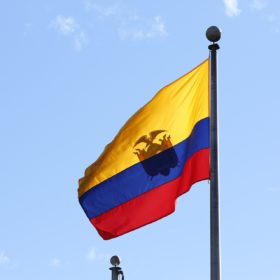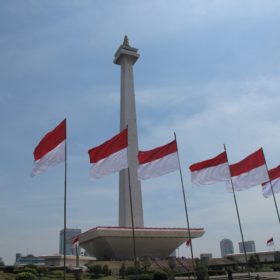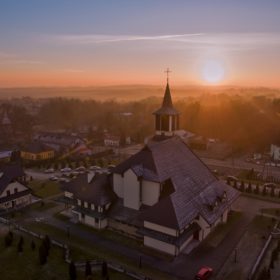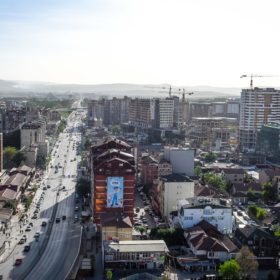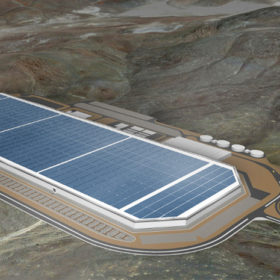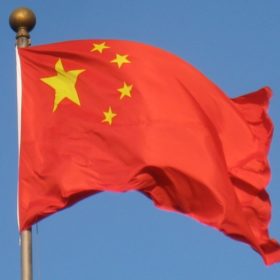French Development Agency helps Mozambique build 80 MW of solar capacity
Two PV plants are set to be built under the Project for Promotion of Auctions for Renewable Energies program, being implemented with the support of Mozambican utility Electricidade de Mocambique, which is likely to be the future off-taker of the solar energy generated.
Bidders line up for Ecuador renewables auction
The final results of the exercise, which attracted 22 participants, will be known on April 15. A 200 MW solar project will be assigned in the auction, with the winning bidder for that facility securing a 20-year power purchase agreement.
Indonesia improves rules for rooftop PV
The government has amended two regulations and introduced a new one to spur development of rooftop PV. The new provisions increase the size of systems eligible for net metering payments and reduce fees for industrial installations.
When are solar panels acceptable on historic buildings?
A study from Sweden seeks to consider how PV could be sympathetically installed on historic buildings. The researchers propose a target-based approach for assessing panel visibility.
Algerian 150 MW solar tender secures final price of $0.069/kWh – and only a third of the capacity
The Algerian Electricity and Gas Regulation Commission has concluded a tender launched in June. The one solar project selected will sell power at DZD8.28/kWh. The authority reportedly only published ceiling prices for energy bids on the day the exercise was completed.
Kosovo preps 50 MW solar tender
The Balkan nation is planning a tender for 50 MW of utility scale solar capacity on a public-private partnership basis with help from the International Finance Corporation. The World Bank’s private finance arm is procuring a technical, environmental and social consulting firm to advise on the project.
PV to address water scarcity
The government of the Philippines will spend $500 million on solar-powered water supply and desalination in remote areas of Mindanao, the second-largest island in the archipelago. Elsewhere, a Finnish study has suggested drought-hit Iran could benefit from renewable-powered desalination.
Eswatini 40 MW solar tender attracts 13 approved bidders
The regulator received 26 proposals overall for a project intended to make the kingdom less dependent on power imports from troubled South African utility Eskom.
Tesla unveils a bigger, better, simpler Solar Roof – at a 40% discount
Elon Musk has officially launched the third phase of his crusade to make a successful solar roof tile, with promises that this time it is going to be a success.
Kalyon Enerji finds Chinese partner for 500 MW module fab in Turkey
The factory, backed by the Turkish government in September, was originally intended to be built with the support of Korean solar manufacturer Hanwha Q Cells. The new partner is China Electronics Technology Group Corporation (CETC). Production is planned to start next year.

